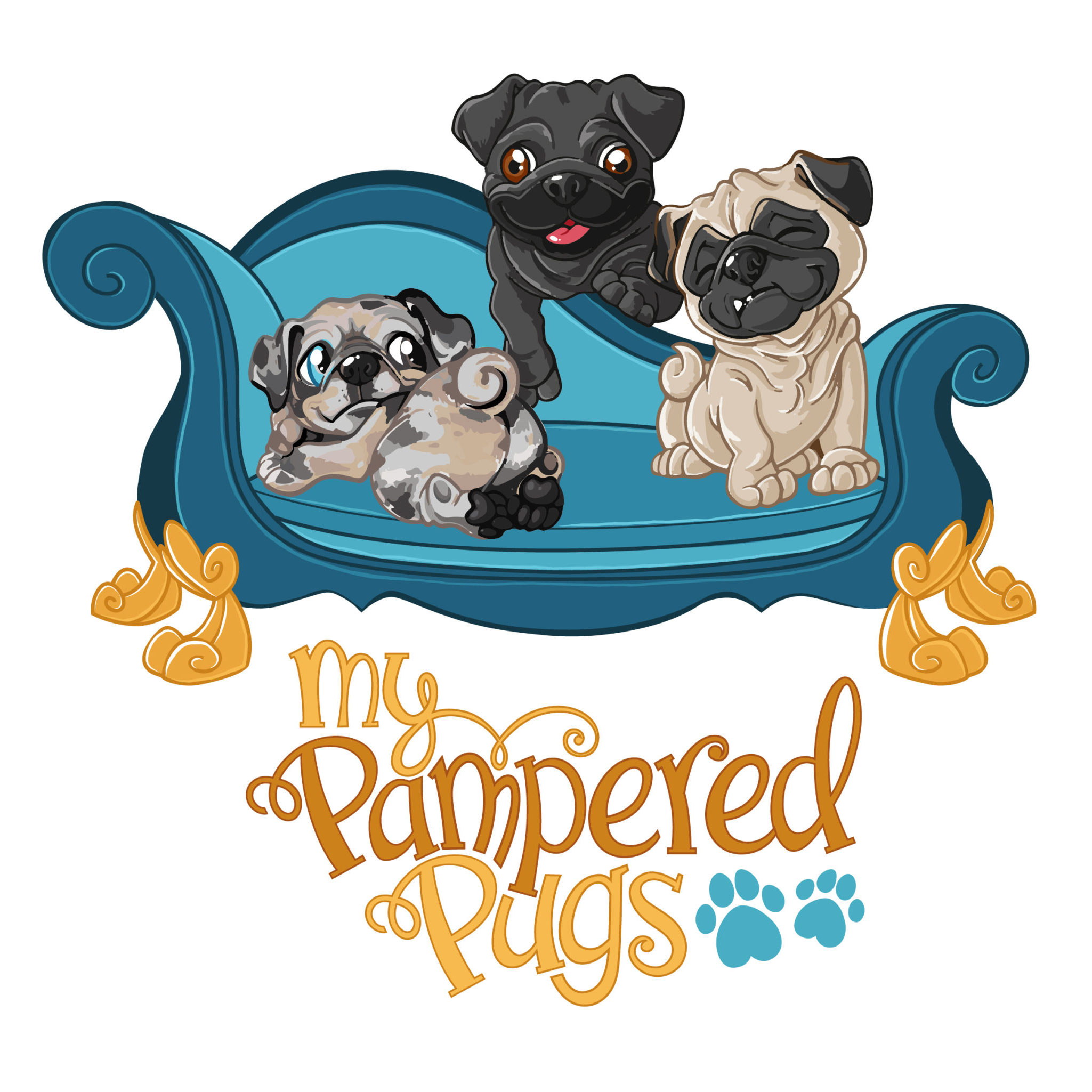1. Puppies at 8 weeks are still babies and could cry during the night. They are use to cuddling with siblings. The first few nights could be hard on the puppy and the new family. To help, it’s best to have a large crate where there is space to sleep, a toys to play with and cuddle, and go potty on puppy pads.
Thank you for reading this post, don't forget to subscribe!
2. Spend time with the puppy. Puppies will sleep 18 hours, but there still 6 hours left to play. If you don’t play with the new puppy, the puppy will find something to play with, including their poop.

3. Make the house or space “puppy safe.” Take a look around your house and look for any sharp and edgy objects that may be lying around the house. Keep toxins such as plants harmful for pets and cleaning supplies away. Make use of baby gates to block access to the stairs and rooms that are not puppy safe such as basement, kitchen, etc. Keep small objects such as jewellery, hairpins, coins, etc. away from your puppy’s reach. Keep garbage out of your pup’s reach and cover it with a lid so that your pup can’t open. Never leave your puppy unsupervised and when use a crate when you cannot watch him/her.

4. Make sure to put things away that you don’t want the puppy to chew on. Those 28 baby teeth will start to develop and cause a lot of teething. Now would a good time to offer teething aids to your puppy that will soothe and massage his/her gums or else expect loads of chewed up furniture, shoes and anything else that your puppy can get his hands on. There are tons of teething toys available in different sizes and shapes that you can find online or at a pet shop to help you with a safe and enjoyable teething process.
5. Don’t miss veterinarian visits. Puppies have to get several vaccines at 6, 9, 12 and 16 weeks. Vaccinations protect your puppy from life-threatening diseases. Here is the list of vaccinations that you must get for your puppy:
- Parvovirus
- Distemper
- Measles
- Parainfleunza
- Bordatella (optional)
- Hepatitis
6. Puppies need a lot of supplies.
- Puppy Bed – Puppies need their own bed that can be their very own space to relax and unwind.
- Training pads – Training pads are essential at the time of housebreaking your puppy.
- Water Bowls and Food Bowls – Your puppy must have a water bowl with clean fresh water at all times and a food bowl. It is always good to add a little warm water to the food before serving to make it more palatable and easier to chew kibbles.
- Doggie Towel – Puppies at a young age cannot be given a bath, however, they need their paws cleaned and dried. A doggie towel is a must-have to ensure those paws remain clean and dry.
- Puppy Teething Toys – Keep those teething troubles at bay with the use of teething toys that will keep your puppy busy and will also massage his gums and teeth. And it keeps your furniture intact too!
- Puppy Training Aids – Whether it is tasty treats or biscuits or housetraining aids, you can make training much easier with these aids.
- Puppy Grooming Products – Groom your puppy from an early age to establish it as a positive routine to make him/her comfortable in being handled.
